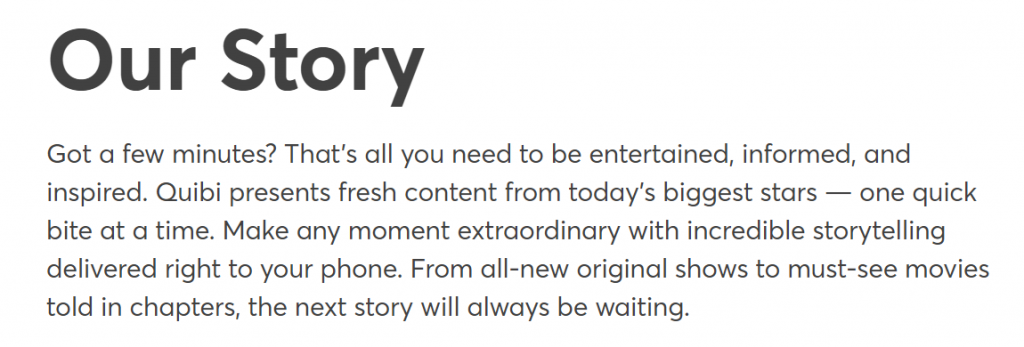This is the continuation of our first fact-checking publication.
Myth #3: [P]eople being willing to open their wallets and pay for these kinds of events (The Rolling Stone, 2020)
We’ve seen it in all kinds of shapes and (literal) dimensions: ticketed livestreams. Despite some troubles regarding the right pricing, they’ve become a thing for sure. Is this an effect of people wanting to support their favourite musicians through a crisis? Does it show appreciation for virtual experiences during lockdown? Is it the bridge between the previous era of free internet content and piracy to the proliferated use of paid premium services?

